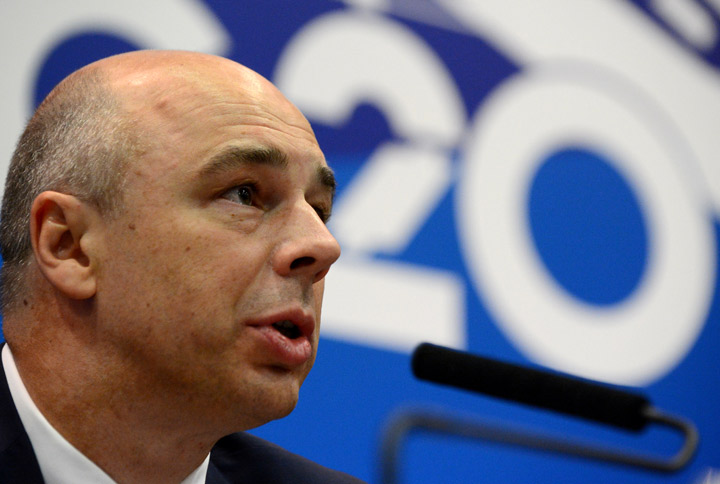PARIS – Stashing profits offshore may soon get tougher for companies, thanks to an ambitious plan released Friday by the finance chiefs of leading world economies aimed at forcing multinationals to pay more taxes.

Low tax payments by major global companies — including Google, Amazon, Facebook and Starbucks — have sparked public anger in Europe recently, as governments are struggling with high debts, low growth and austerity measures that are hitting ordinary taxpayers.
“National tax laws have not kept pace with the globalization of corporations and the digital economy, leaving gaps that can be exploited by multinational corporations to artificially reduce their taxes,” the Organization for Economic Cooperation and Development said in announcing the new tax plan Friday. It was unveiled at a meeting of the Group of 20 finance ministers in Moscow.
The Paris-based OECD says that the new 15-point plan includes ways to close loopholes and allow countries to tax profits held in offshore subsidiaries. If it is adopted, the measures would be implemented over the next two years and target such practices as deducting the same expense more than once, in more than one country.
The plan also has a special focus on the online economy, where commerce flows across borders constantly and it’s harder to tie revenue and profit to a single country.
U.S. Treasury Secretary Jacob Lew hailed the plan as a “major step toward addressing tax avoidance by multinational firms.” In a statement out of Washington, he said, “We must address the persistent issue of ‘stateless income,’ which undermines confidence in our tax system at all levels.”

Get weekly money news
The plan’s designers insist it isn’t anti-business, and is in part aimed at making things more consistent for companies and governments.
Russian Finance Minister Anton Siluanov, the host of Friday’s G-20 meetings, said it’s aimed at allowing “multinational corporations to prosper without loading a higher tax burden on domestic companies and individual taxpayers.”
G-20 finance officials are also looking at giving countries a score of 1 to 4 depending on how co-operative they are with other governments on tax evasion, tax fraud and money laundering.
The OECD has been at the forefront of efforts to tackle tax evasion, especially since the global financial meltdown five years ago. But repeated pledges at G-20 meetings have not always lived up to their promise, and companies around the world continue to turn regularly to tax havens to reduce their tax burden.
The problem has gained urgency as European governments, struggling with exceptionally tight budgets, become more determined to recover any revenue they can from rich companies seen as avoiding fair taxes.
Over the past year, Britain, France and Germany have pushed particularly hard for more co-ordinated international efforts to get corporations paying more taxes. But some countries in Europe, such as Ireland and Luxembourg, have been reluctant to join in because they currently attract major companies by offering low corporate taxes.
Last month, an influential committee of British lawmakers issued a scathing report that said Google made highly contrived arrangements serving no purpose other than to avoid paying full taxes.
Google argues that its practices are legal and transparent, and that the overwhelming majority of sales actually occur at the company’s European head office in Ireland — where corporate tax rates are much lower than Britain.
Advocates for the world’s poor welcomed Friday’s pledge, but some said it still doesn’t go far enough.
Former U.N. Secretary General Kofi Annan urged the leaders of the G-20 to set aside differences and adopt the tax evasion plan when they meet in Russia in September.
In a post on the website of the Elders, a group of leading elder statesmen, he criticized “the corrosive effects of unfair tax practices.”
“Something is indeed gravely amiss when multi-billion dollar companies are paying a lower rate of tax than the citizens from whom they derive their profits,” he wrote.
He said Africa in particular has suffered, noting that it loses more in illicit financial outflows than it receives in international aid.
Washington-based nongovernmental group Global Financial Integrity said the OECD should have pushed for even more tax transparency by companies, such as listing how much money they earn in each country.
“Requiring companies to disclose where they’re operating, where they’re making their profits, and where they’re paying taxes is a straightforward way to detect and deter corporate tax dodging,” it said.





Comments